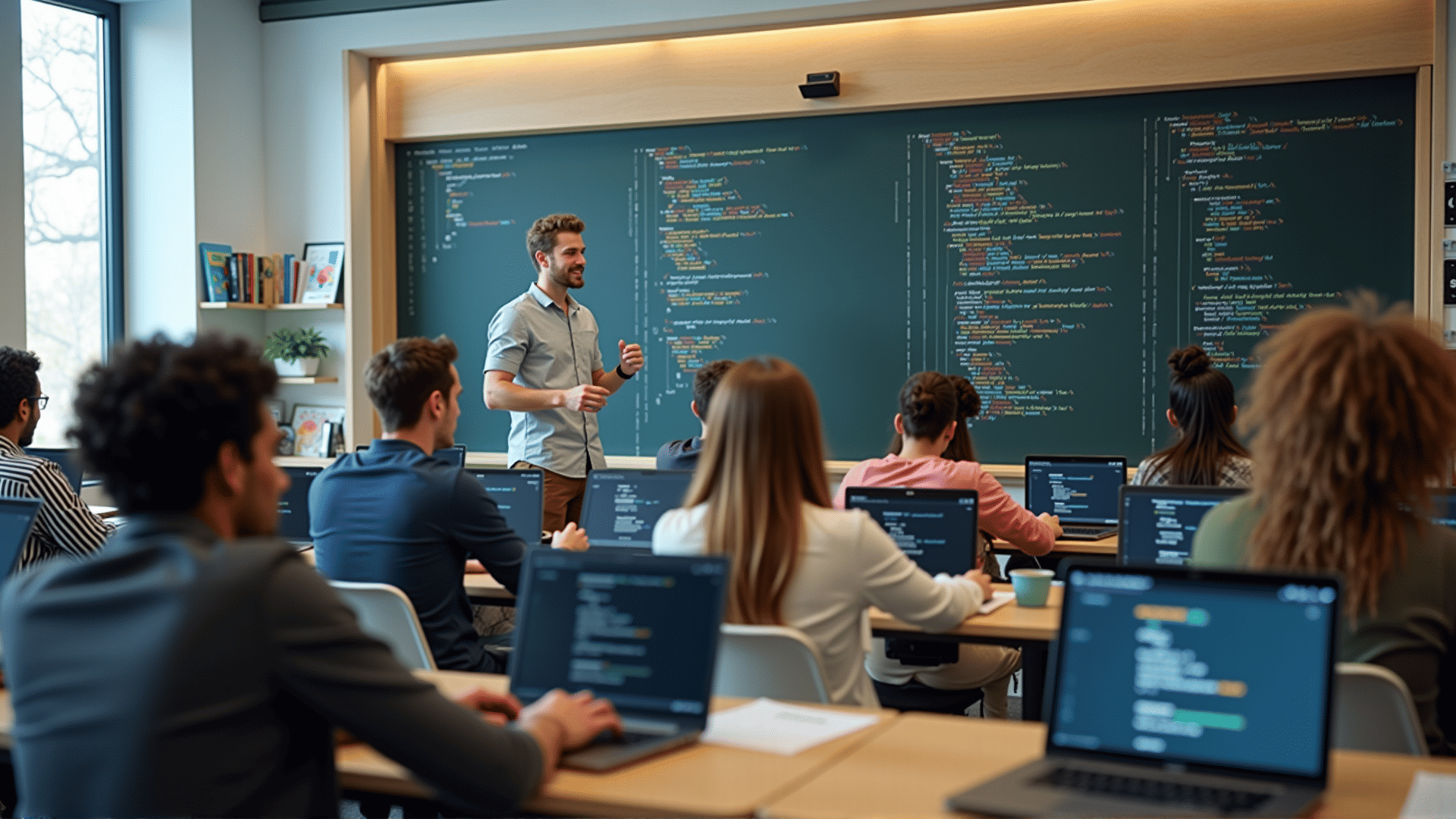Embarking on the journey of learning to write code can be an exciting and rewarding experience. Understanding the basics lays a strong foundation for anyone aspiring to dive deeper into the field of technology. Here, we'll walk through some essential steps to get you started and build confidence in your coding skills.
Understanding Programming Languages
Programming languages are the tools we use to communicate instructions to a computer. There are many languages to choose from, but beginners often start with those that have simple syntax and are widely used, such as Python, JavaScript, or Ruby. Each language has its strengths, and your choice might depend on what you aim to build—whether it's web applications, data analysis tools, or mobile apps.
Setting Up Your Environment
Before you start coding, it's crucial to set up a suitable environment on your computer. This typically involves installing a text editor or an integrated development environment (IDE). Popular options include Visual Studio Code, Sublime Text, or PyCharm. These tools help you write, edit, and manage your code efficiently.
Writing Your First Program
A common first program for beginners is to display a message on the screen, such as "Hello, World!". This simple exercise introduces you to basic syntax and how code is executed. Here's a quick example in Python:
print("Hello, World!")Executing this line of code in your environment will print the message to the screen, marking your first success in coding.
Understanding Variables and Data Types
Variables are used to store information that your program can manipulate. For instance, you can store numbers, text, or even more complex data structures. Grasping different data types like integers, strings, and booleans is fundamental. Here's a brief example of how to use variables in Python:
name = "Alice"
age = 30
is_student = TrueLearning Control Structures
Control structures allow you to dictate the flow of your program by making decisions and repeating tasks. Conditions (if-statements) and loops (for or while loops) are crucial concepts. They enable your program to react differently based on various inputs and conditions.
if age < 18:
print("You are a minor.")
else:
print("You are an adult.")
for i in range(5):
print(i)Functions: Divide and Conquer
Functions allow you to encapsulate code into reusable blocks. They help in organizing your code and avoiding repetition. Defining and calling functions is a critical step in writing efficient programs.
def greet_user(name):
print(f"Hello, {name}!")
greet_user("Alice")Practice and Persistence
As with any new skill, practice is vital. Regularly coding and experimenting with different problems will enhance your understanding and proficiency. Challenges and projects will aid in applying what you've learned and pave the way for more advanced learning.
Online Resources and Community
The coding community is vast and supportive. Countless online resources provide tutorials, forums, and guidance which can be invaluable. Platforms like Stack Overflow, Codecademy, or free coding workshops can supplement your learning journey.
In conclusion, starting with coding basics opens up a world of possibilities. With patience and dedication, these foundational skills will set you on a path to become proficient in the digital landscape and possibly even create exciting new technological solutions. Remember, the key to success in coding is staying curious and continuously learning.
